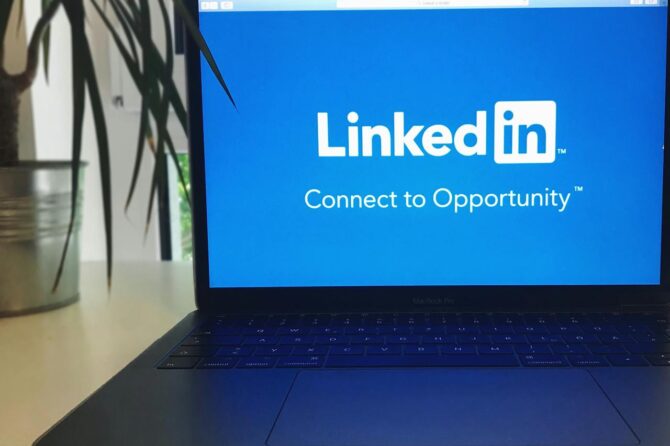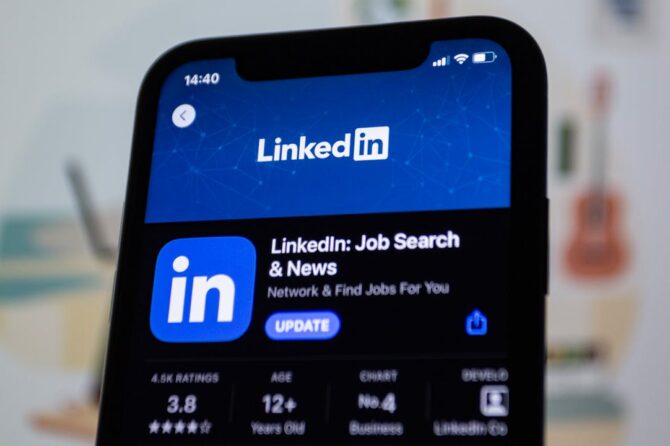Job hunting can be a long and emotional process. When you finally apply for a job that seems perfect for you, the waiting game begins. After days or weeks of anticipation, the moment finally comes – a generic rejection email. The typical message reads something like, “Thank you for applying, but we’ve moved forward with another candidate who better matched our criteria.” It can sting. You start to wonder, “What went wrong? Why wasn’t I the right fit?” But here’s the thing: rejection from a job doesn’t always mean you were rejected. In fact, the email you received may not even be a reflection of your qualifications or abilities.
1. Your Resume May Never Have Been Seen
While it’s hard to imagine, it’s possible that your resume never even made it to the hiring manager’s desk. Many companies receive hundreds, if not thousands, of applications for a single job posting. It’s simply impossible for any company to review them all in detail. Many companies use applicant tracking systems (ATS) that automatically filter out resumes based on keywords, skills, and experiences. If your resume didn’t have the exact match for those filters – even if you were a qualified candidate – it could have been rejected before a human ever laid eyes on it. It’s not personal; it’s a technicality.
2. The Role Was Filled Internally
Another reason you might receive a rejection is that the company already had an internal candidate in mind. It’s common for companies to post roles externally even when they have someone in-house they’re considering for the position. HR often opens the role up to the public for transparency or to fulfill certain requirements, but the role may ultimately go to someone who already understands the company’s culture and operations.
3. Diversity, Equity, and Inclusion (DEI) Goals
Many companies are working hard to meet diversity, equity, and inclusion (DEI) targets, and sometimes the decision to move forward with a particular candidate is based on fulfilling these quotas. While this doesn’t mean you were unqualified, it does mean that the company may have prioritized candidates from underrepresented groups to achieve a more balanced workforce. This is especially common in larger organizations that are focused on improving their DEI initiatives.
4. Salary Expectations and Negotiation Flexibility
Compensation discussions can be a tricky part of the hiring process. It’s possible that another candidate was willing to accept a lower salary than you, which might make them more attractive to the company, especially if budget constraints are in place. If you had higher salary expectations that weren’t aligned with the company’s budget, it could have played a role in your rejection. But here’s the silver lining: the candidate who accepted a lower salary may not be as satisfied with their compensation, leading to job dissatisfaction down the road.
5. Timing and Hiring Priorities
Sometimes the timing just doesn’t line up. A company may have had an urgent need for a new hire, but by the time they got to reviewing applications, they found someone who was available to start immediately. If you were in between jobs or had a notice period that didn’t align with the company’s timeline, that could have been a factor in their decision.
6. Company Changing Directions or Restructuring
Another reason you might have been rejected could have nothing to do with you at all – it could be about the company. Businesses evolve, and they sometimes make quick changes in direction or undergo restructuring. The role you applied for may have been put on hold or even canceled due to new priorities, budget cuts, or shifts in business focus. This is particularly true in fast-paced industries like tech, where priorities can change on a dime.
7. Unseen Competition
When you apply for a role, you’re competing with many other candidates, some of whom may have certain intangibles that set them apart. Maybe they have a specific skill set that the company is prioritizing, or they’ve previously worked with the team in some capacity. Sometimes it’s just a matter of your competition being slightly more aligned with what the hiring manager needs at that moment – and not necessarily a reflection of your abilities or experience.
8. Cultural Fit
Companies are not just hiring for skill sets; they’re hiring for cultural fit. If the company already has a well-established team dynamic, they may lean toward a candidate they feel will mesh more easily with the existing team. While this isn’t a reflection of your personality, it’s an unfortunate reality of the hiring process. The team dynamic plays a huge role in ensuring long-term success.
9. The Hiring Process Is Subjective
Hiring is inherently subjective. Even though you might be an exceptional fit on paper, there are many factors that come into play during the interview and decision-making process. Sometimes a candidate is simply more polished in an interview, has more connections within the company, or presents themselves in a way that resonates more with the hiring manager. It’s not necessarily about your qualifications, but rather about how well you click with the team.
So, What Should You Take Away?
It’s important to remember that a rejection doesn’t mean you weren’t qualified or capable. The generic email thanking you for your application often doesn’t provide enough context to understand why the company made its decision. However, these reasons can help you reframe your experience and see it from a broader perspective. Often, it’s about timing, fit, or factors beyond your control.
Don’t be discouraged by these rejections. Use them as opportunities to refine your approach, learn more about the companies you’re applying to, and continue moving forward with confidence. After all, the right opportunity will come along when everything aligns. And in the meantime, keep honing your skills, expanding your network, and pursuing roles that excite you.











